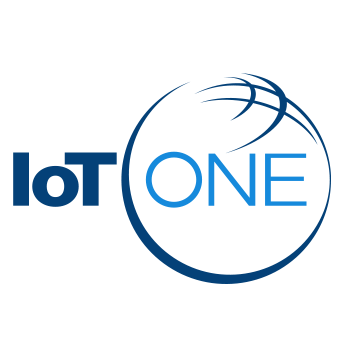Overview
This profile is not managed yet, if you would like to manage
this profile, please contact us at team@asiagrowthpartners.com
this profile, please contact us at team@asiagrowthpartners.com
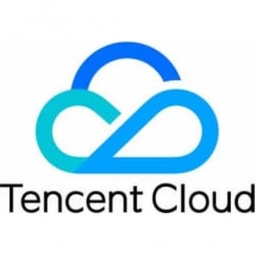 |
Tencent Cloud |
| China | |
| Shenzhen | |
| 2013 | |
| Public | |
| $1-10b | |
| 201 - 1,000 | |
| Open website |
IoT Snapshot
Technology Stack
Similar Suppliers
Number of Similar Suppliers5
 |
IBM
IBM is an American multinational technology and consulting corporation that manufactures and markets computer hardware, middleware, and software, and offers infrastructure, hosting, and consulting services in areas ranging from mainframe computers to nanotechnology. IBM is intent on leading the development of a global data field. |
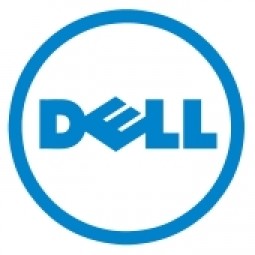 |
Dell Technologies
Dell Technologies is Dell, Dell EMC, Pivotal, RSA, SecureWorks, Virtustream, and VMware. We’re a collective force of innovative capabilities trusted all over the world to provide technology solutions and services that accelerate Digital Transformation. |
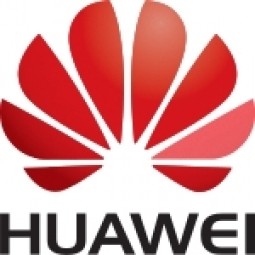 |
Huawei
Huawei is a global leader of ICT solutions. Huawei's strategy in the enterprise domain focuses on close cooperation and integration with partners to deliver a wide range of highly efficient customer-centric ICT solutions and services that are based on a deep understanding of customer needs. In line with their portfolio covers enterprise networking, unified communications & collaboration (UC&C), Cloud Computing & data center, enterprise wireless, network energy and infrastructure services. |
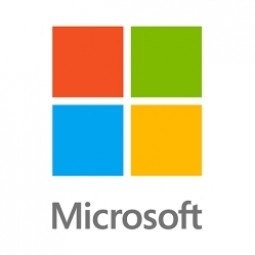 |
Microsoft
Microsoft develops, manufactures, licenses, supports and sells computer software, consumer electronics and personal computers and services. Its best known software products are the Microsoft Windows line of operating systems, Microsoft Office office suite, and Internet Explorer and Edge web browsers.Year Founded: 1975Revenue: $93.6 billion (2014)NASDAQ: MSFT |
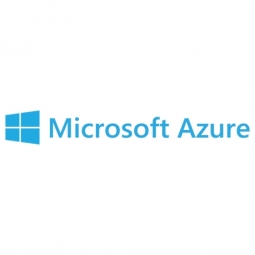 |
Microsoft Azure (Microsoft)
Microsoft Azure is a Cloud Computing platform and infrastructure created by Microsoft for building, deploying, and managing applications and services through a global network of Microsoft-managed data centers. It provides both PaaS and IaaS services and supports many different programming languages, tools and frameworks, including both Microsoft-specific and third-party software and systems. Azure was announced in October 2008 and released on 1 February 2010 as Windows Azure, before being renamed to Microsoft Azure on 25 March 2014. |


